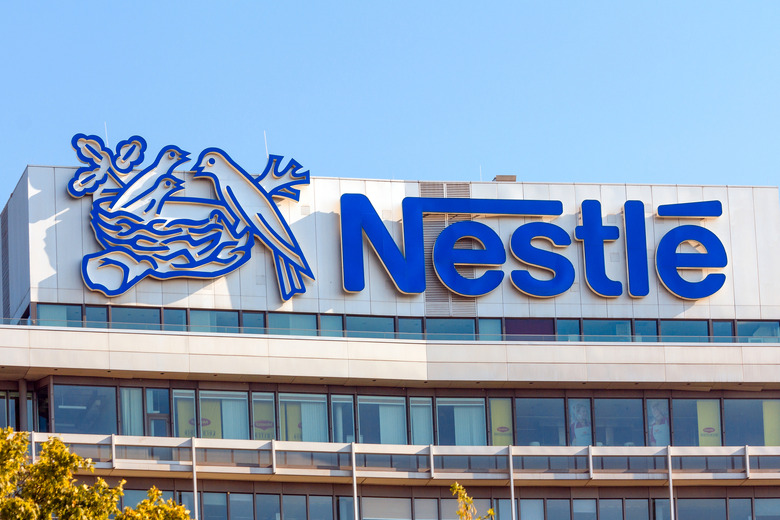Nestlé Commits To Using Only Cage-Free Eggs By 2025
The world's largest packaged foods company, Nestlé, released a statement on November 2 announcing their initiative to transition to cage-free eggs. They vowed to make the transition in the U.S. and Europe by as soon as 2020 and globally by 2025.
Nestlé is the conglomerate behind global brands like Gerber, Toll House, Nespresso, Stouffer's, Lean Cuisine, and dozens of other food labels; eggs are a main ingredient in many of its products. Ice cream, mayonnaise, and pastries are some of the top-selling items on Nestlé's list — and they all use eggs.
Many of Nestlé's eggs are already being obtained using cage-free methods. In Europe, as many as 40 percent of their eggs are obtained from cage-free sources.
"In other regions, it may be more challenging to make this change. We are however committed to bringing about positive change through working with our partners," Nestlé assured.
"Our purpose is to enhance quality of life and contribute to a healthier future," Nestlé released in their official statement. "This includes ensuring decent welfare standards for animals that are reared for the ingredients used in our products."
When animals are not raised in a cage-free environment, the conditions are often alarming and inhumane. According to reporting by Forbes on McDonald's bold transition to cage-free eggs, "Today most eggs are produced at farms that house six hens per cage, leaving each bird with 80 square inches of floor space, 'less than the dimensions of a standard sheet of paper.'"
While government organizations are feeling pressure to mitigate the issue, cost limitations and other factors often prevent large companies from making the transition smoothly, honestly, and efficiently.
Making the switch to cage-free egg farming is a huge stride toward sustainable changes in the egg industry — as with the lofty goals of fast-food industries this past year, Nestlé understands that to make a real change to a cage-free method that works, it's going to take time.
"Switching to cage-free supplies worldwide requires time and investment," the statement acknowledged. "We will manage this in a sustainable and cost effective way during the implementation period, ensuring consumers continue to access affordable high quality foods throughout."
This transition will not only save chickens from abominable conditions, but will likely enhance the quality of Nestlé's food, as well. If you're not sure the difference between the types of eggs, read our guide to decoding your carton.
